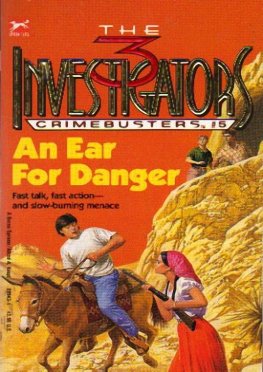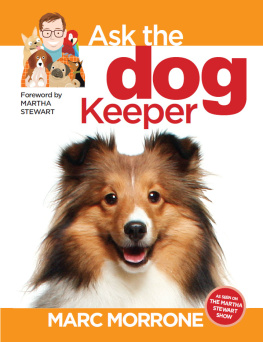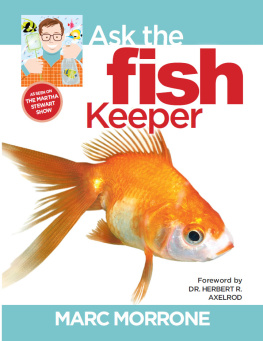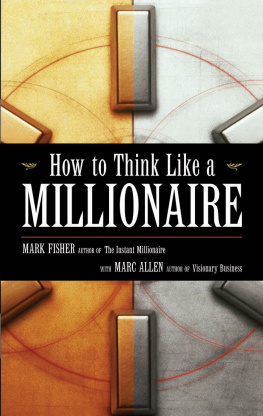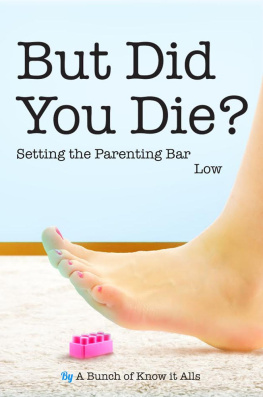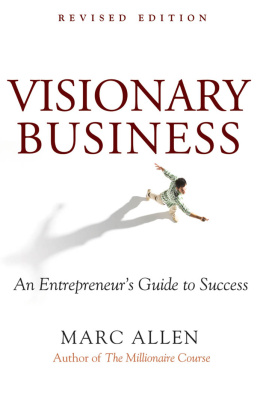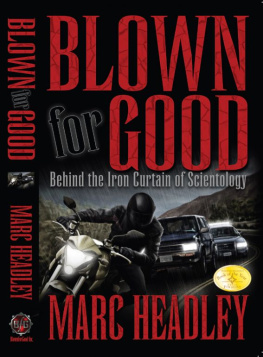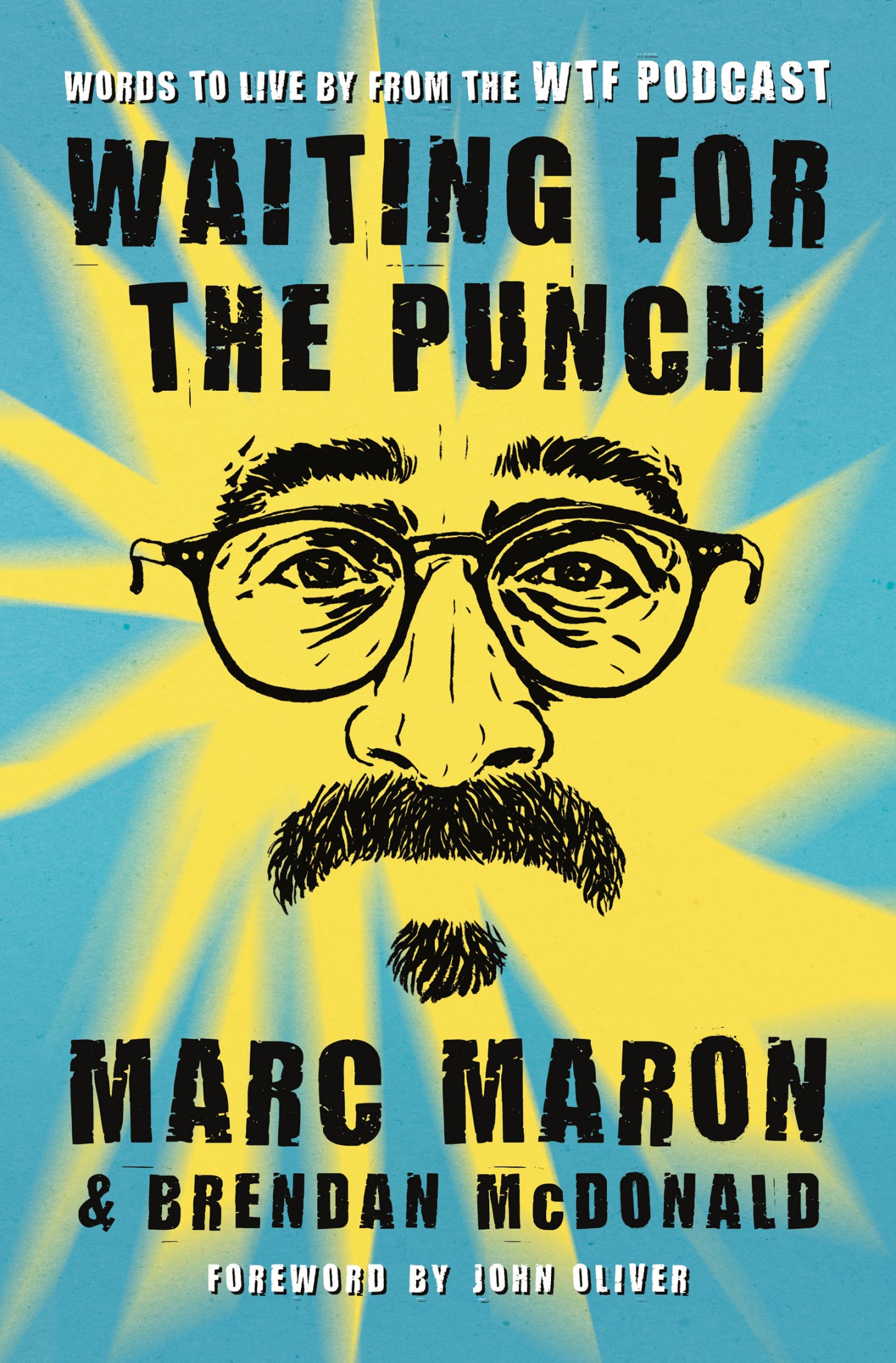
The author and publisher have provided this e-book to you for your personal use only. You may not make this e-book publicly available in any way. Copyright infringement is against the law. If you believe the copy of this e-book you are reading infringes on the authors copyright, please notify the publisher at: us.macmillanusa.com/piracy.
For our listeners
We have a lot to thank garages for.
Sure, they can protect your car from the elements and act as a halfway house for objects not yet ready to be sent to the actual trash, but big things have famously started in garages too. Google and Apple each began in one. Even the Yankee Candle Company was apparently formed in a garage, and if that hadnt happened, you wouldnt currently be able to buy a Mango Peach Salsa candle for $27.99. They also make one called Cream Colored Ponies. Seriously. Cream Colored Ponies. Same price. Theyre actively just fucking with people now. I cant even begin to imagine what a Cream Colored Pony smells like in candle form, but Im already getting a headache thinking about it. Oh, and one more thing you should know; in 2013 the Yankee Candle Company was apparently sold for $1.75 billion, so youre not laughing so hard at Yankee Candles now, are you?
The point is, huge things happen in garages.
That brings us to Highland Park, California, in 2009, when an unremarkable garage took a very funny, very broken man into its wooden womb and helped him create one of the most recognizable podcasts in the world. That podcast has featured conversations with everyone from comedians, actors, musicians, and writers to an actual sitting president.
In hindsight, Marc was always going to be extremely good at interviewing people. Hes smart, constantly curious, and has an almost pathological desire to connect to people. For a man who has experimented with multiple forms of facial hair, its perhaps surprising that there is absolutely no artifice to his conversation. His ludicrous levels of honesty act as a kind of emotional wrecking ball to even the most guarded human being. Im British, so Im medically dead inside, but even I cant help opening up whenever I talk to him. He uses his honesty like a scalpel, cutting himself open in front of anyone hes talking to, and in doing so, invites you to do the same.
It turns out that the format of podcasting and Marc were made for each other. The complete lack of restrictions means he can have unedited, uncensored, long-form conversations that can be comedic, cathartic, and occasionally claustrophobic. And eight years after it began, here is that perfect podcast in book form. Ill admit that I didnt see the point of this at first. When you have something that is already in its ideal form, why insist on making it something else? Its like that Mitch Hedberg joke about comedians constantly being asked to write other things:
When youre a comedian, everyone wants you to do other things besides comedy. Thats not fair. Thats like if I worked hard to become a cook, and Im a really good cook, theyd say, All right, youre a cook. Can you farm?
But you know what? Ive really enjoyed this book. Its reminded me of conversations that had a big impact on me at the time, and Ive gone back to listen to those conversations in full again. Louis CK and Marc in a raw conversation about friendship. Marc and Todd Hanson navigating a brutal powwow about wanting to die. Norm Macdonald being so funny while talking about drinking and gambling everything away that he almost makes it sound appealing. Its worth dipping into the discussions on these pages again to remember how truly remarkable they were. Plus, the beauty of this book over the podcast itself is that you dont need to skip the first seven pages where Marc plugs his stand-up dates and reads ads for butt plugs from Adam and Eve.
I do hope you enjoy it.
Viva Boomer.
John Oliver
Four of the contributors to this book passed away in the years following their appearances on WTF with Marc Maron. They are Robin Williams, Garry Shandling, Sam Simon, and Mike DeStefano. Their contributions are invaluable, and they are incredibly missed.
When I was a kid I loved to talk to people.
Whether it was when I was very young, listening to the old men who hung out at my grandfathers appliance store in Haskell, New Jersey. Or in my twenties, talking to my mentor Gus Blaisdel at his bookstore. Or even to Pete, the schizophrenic who hung around the bagel place I worked at when I was in high school. Or any guy at any record or guitar store anywhere.
I wanted to hear stories. I wanted to be engaged by people who had interesting lives, thoughts, ideas, and information. I needed it. I think part of my compulsion was because I didnt feel whole. My dad wasnt around much and my mother was into herself. I didnt feel like I fit in. I was an overly sensitive, creative kid. I didnt feel comfortable in my body, and I was angry. I was painfully insecure, and being part of someone elses life for a while always felt like a relief. As long as I was talking to people I wasnt lost in my own fear, pain, and dark thoughts. It was like I was using them as a battery for my soul.
I started the WTF podcast out of complete desperation. I think if you listen to the first one hundred episodes they can be heard as me having celebrities over to my house to help me with my problems. They did.
Over the years it has evolved into a massive and amazing catalog of conversations with hundreds of people. They are mostly creative types: comics, actors, musicians, writers, graphic novelists, producers, playwrights, and directors. Theres even a soap maker and a president. I had no idea when I became a comedian back in the mid-1980s that I would cocreate and host a hugely popular show out of the garage behind my house.
I think the pastime of chatting or candidly talking to people about anything or nothing is fading away. People dont even want to leave voice messages anymore, let alone talk. We keep a distance from each other because we can. Its odd and sad. Because just by talking to each other, we can put all the aspects and challenges and joys and horrors of life into perspective, even if that is not what we are talking about. Its relieving, comforting, and enjoyable.
Most of the people I talk to have public lives. That means they probably have a well-worn personal narrative that they churn out for interviews. Conversely, many of us may have a one-sided relationship with these public people based on that narrative or their work. We often create assumptions about a public persona that are based on either fantasy or preconceived judgments. I have them about most of my guests too. I am a fan and I am also judgmental. I go into the conversation with those assumptions and judgments and very quickly realize how limited they are. I am almost always wrong and almost always pleasantly surprised and excited that I am wrong. They are just people. We are just people.
When I interviewed Lorne Michaels, I went into it thinking he was some kind of all-powerful gatekeeper of show business. I came away thinking hes a good guy who works in a building and loves what he does. I thought Kristen Wiig might be difficult to interview because shes intensely private and had not spoken about her personal life in much detail. We had one of the more insightful conversations I can remember about fear and anxiety. When I interviewed Paul Thomas Anderson I was convinced he was some kind of mysterious, dark, brooding genius. Turns out hes extremely friendly and laid-back, almost a goofball. When I interviewed President Barack Obama I thought it would be like interviewing a president, but hes just a guy who happens to be a president.


